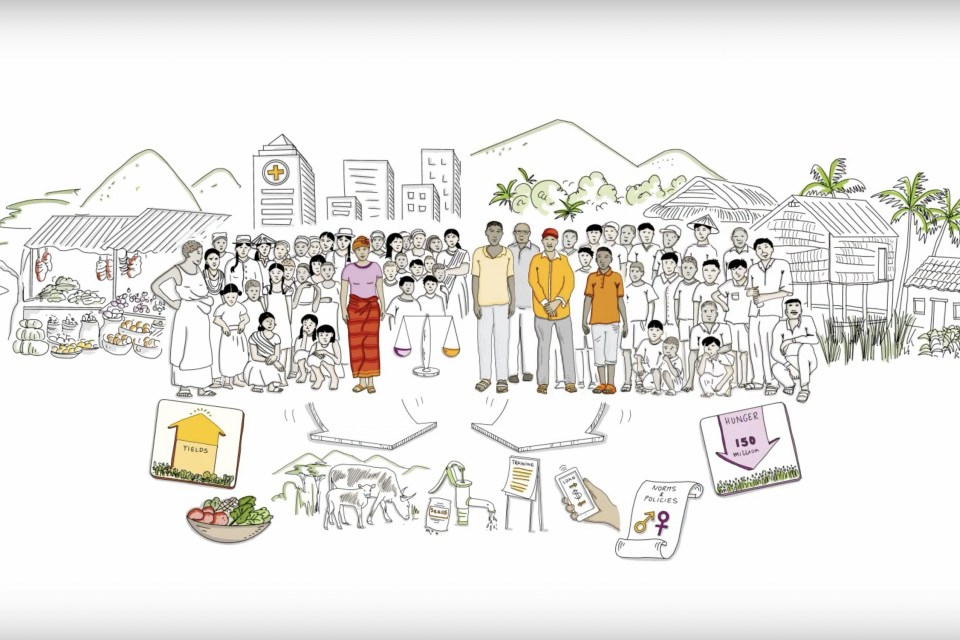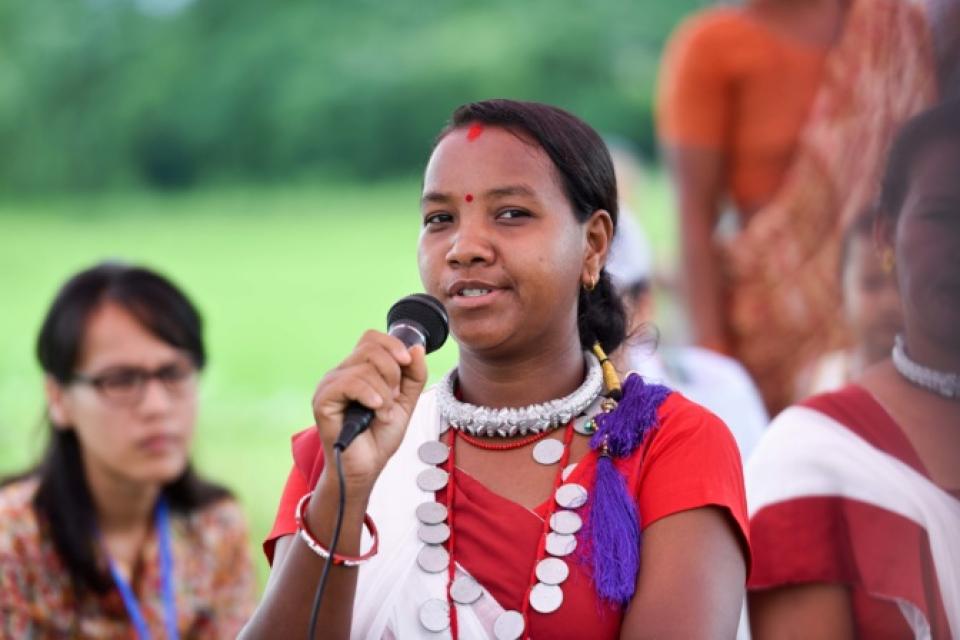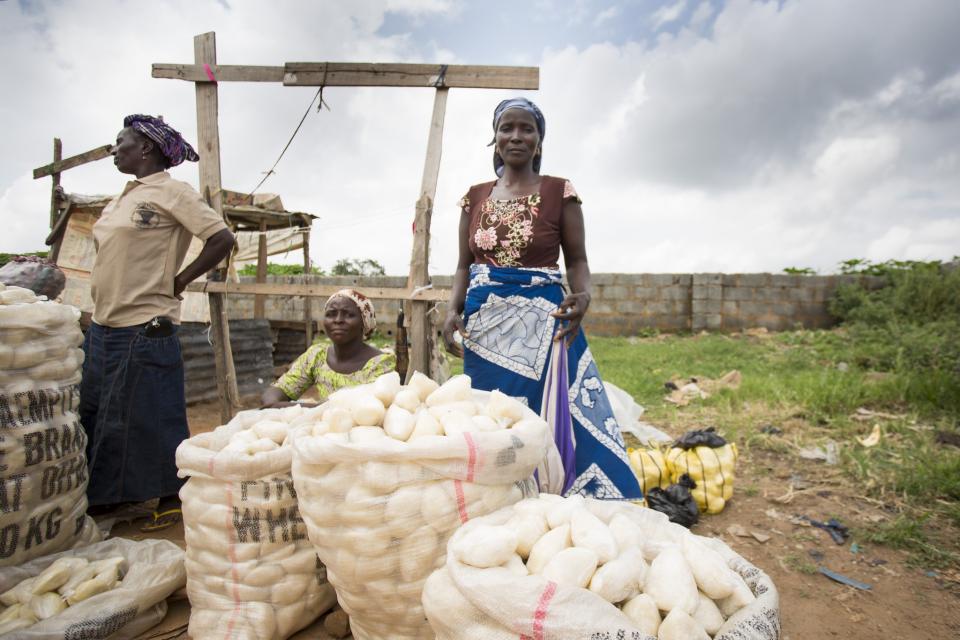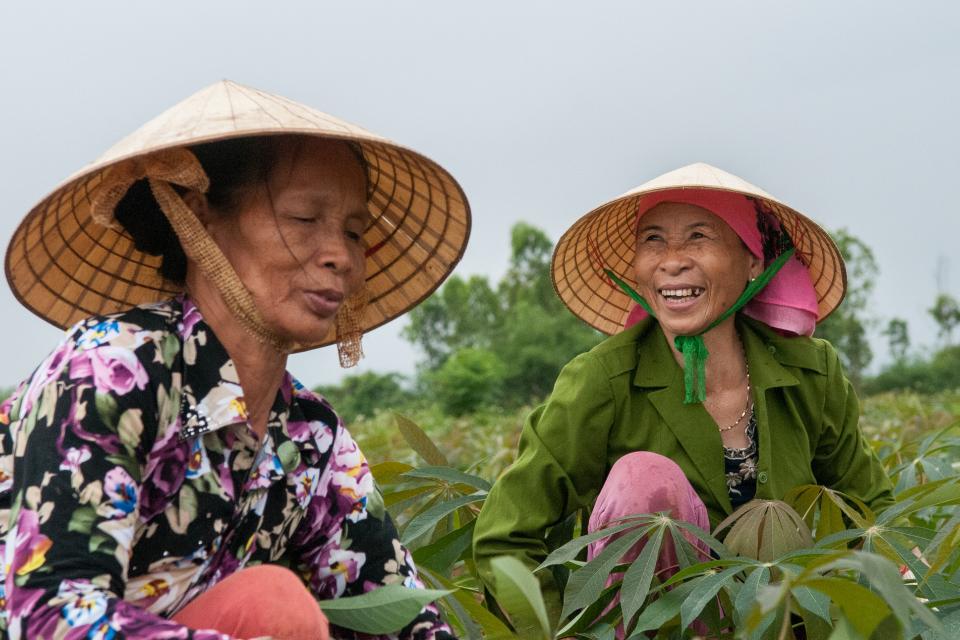About us
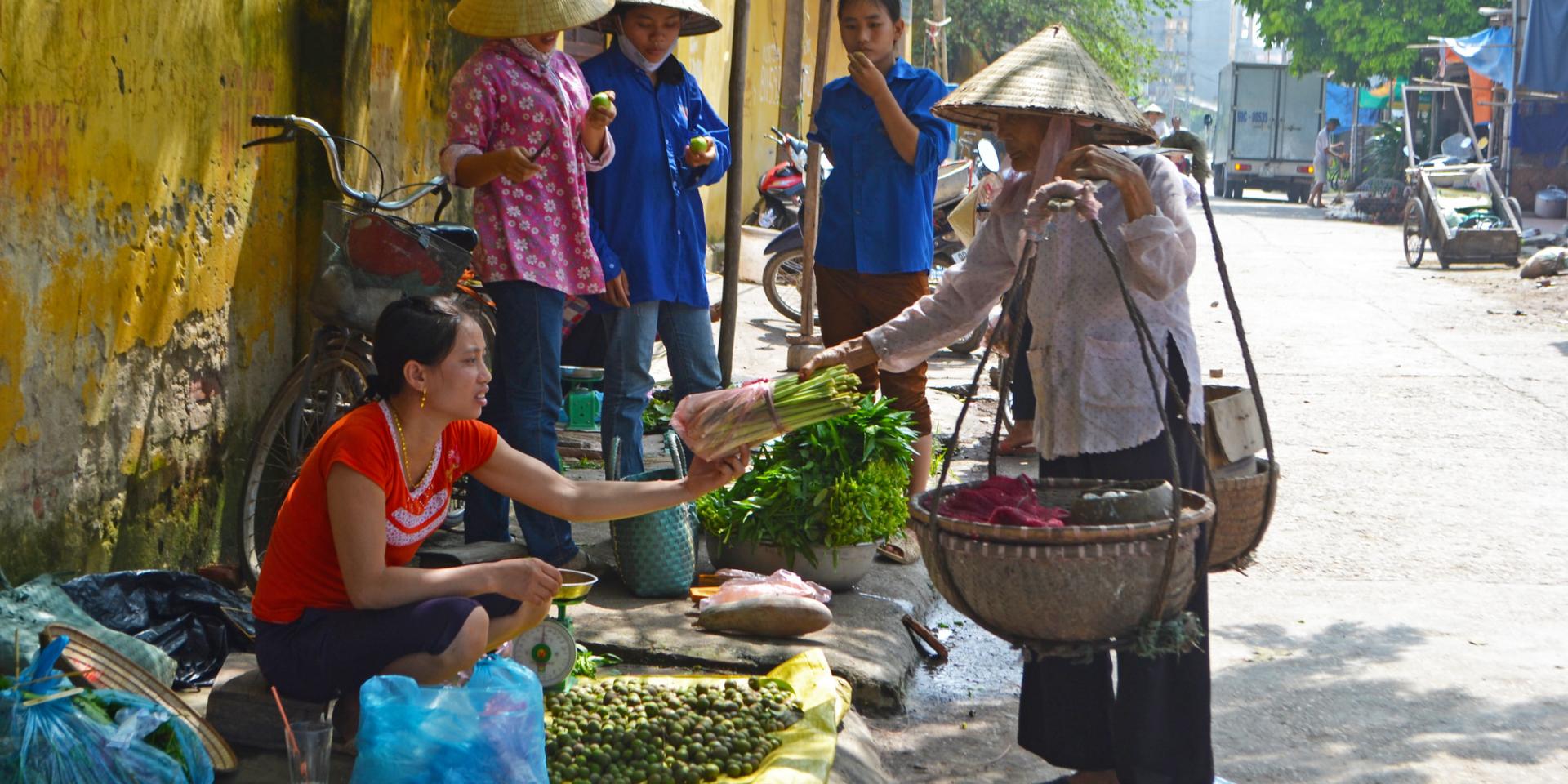
GENDER (Generating Evidence and New Directions for Equitable Results) is a CGIAR impact platform that synthesizes and amplifies research, fills gaps, builds capacity and sets directions to enable CGIAR to have maximum impact on gender equality, opportunities for youth and social inclusion in agriculture and food systems.
Our vision
GENDER puts equality at the forefront of global agricultural research for development, both within and beyond CGIAR, to kick-start a process of genuine change toward greater gender equality, improved opportunities for youth and social inclusion.
Our work enables women, youth and other groups involved in agriculture and food systems across Africa, Asia and Latin America to be agents of change. With more influence and greater access to, and control over, resources, these change makers can make food and agricultural systems sustainable, resilient and equitable.
We envision greater social and gender equality driving food systems to become more productive, sustainable, resilient and equitable.
How GENDER contributes to fulfilling the CGIAR 2030 Research and Innovation Strategy
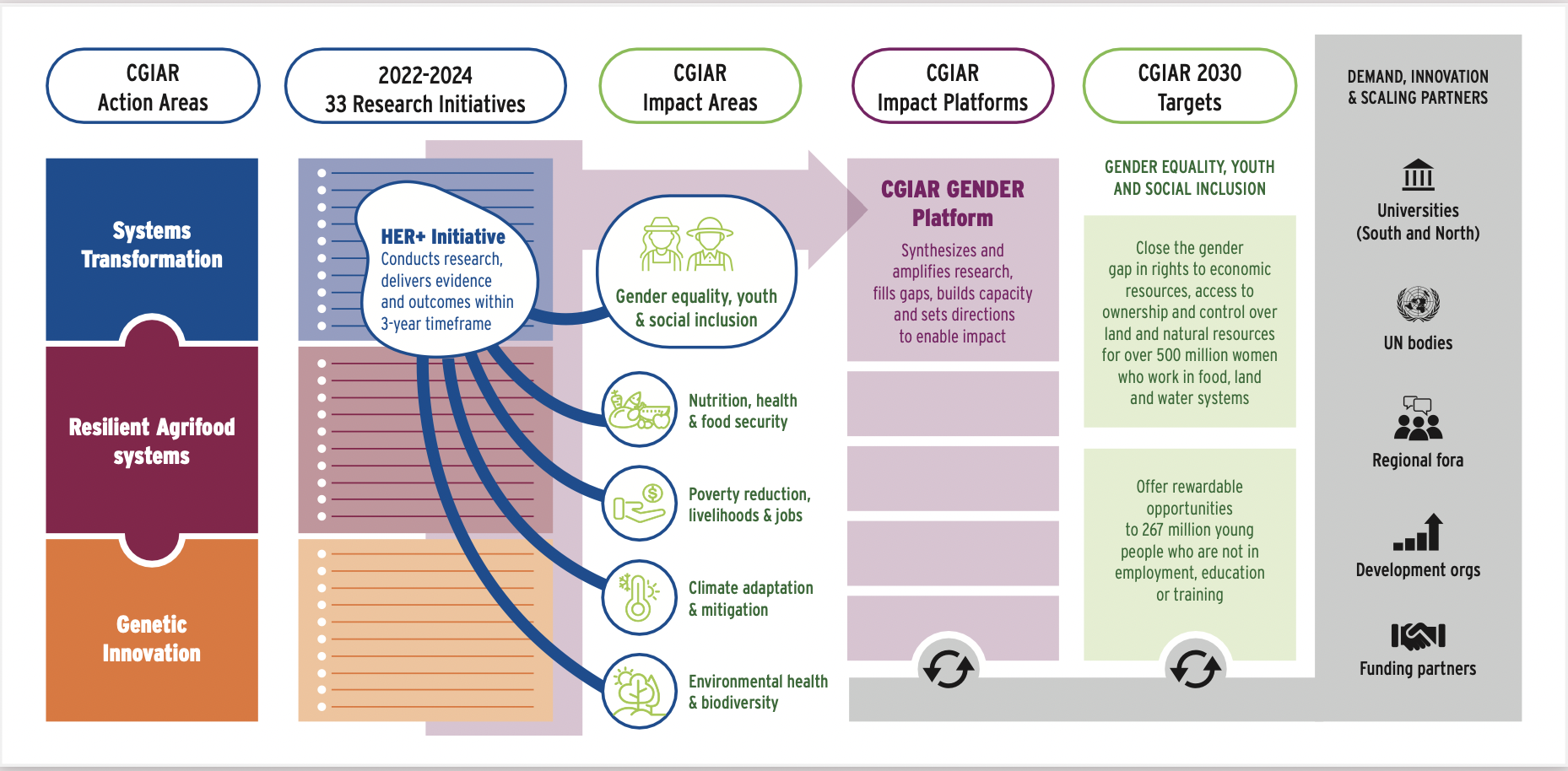
Background
GENDER spans across CGIAR science groups, research initiatives and entities. The Platform was approved by the CGIAR System Council in November 2019 with a mandate to operate until 2030. GENDER is led by its impact platform office and organizes its work in three interlinking modules: Evidence, Methods and Alliances.
GENDER was launched in January 2020 and builds on a wealth of research and learning generated by the previous CGIAR Gender Network (2011-2016) and the Collaborative Platform for Gender Research (2016–2019).
Acknowledgements
GENDER is hosted by the International Livestock Research Institute (ILRI) and is grateful for the support of CGIAR Trust Fund Contributors.
CGIAR GENDER Platform resources
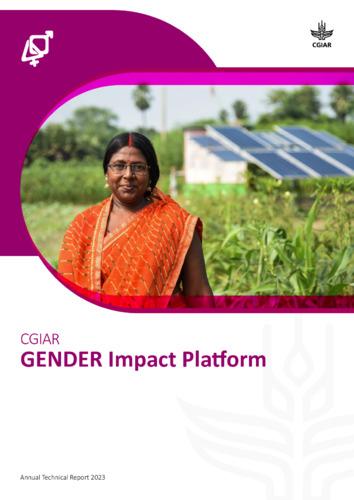
CGIAR GENDER Impact Platform: Annual Technical Report 2023
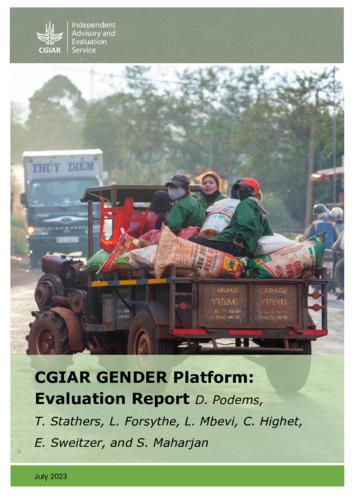
CGIAR GENDER Platform: Evaluation Report
(2023). Evaluation of CGIAR GENDER (Generating Evidence and New Directions for Equitable Results) Platform, Report. Rome: IAES Evaluation Function. https://iaes.cgiar.org/
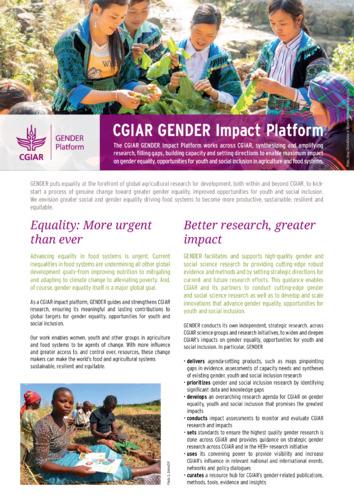
CGIAR GENDER Impact Platform
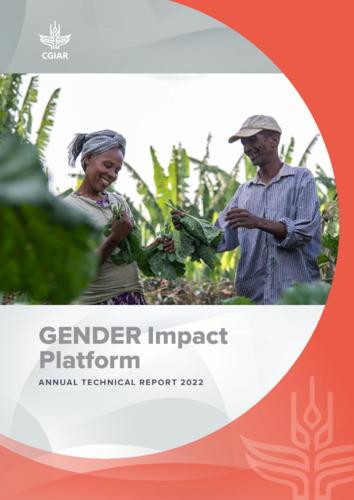
CGIAR GENDER Impact Platform: Annual Technical Report 2022
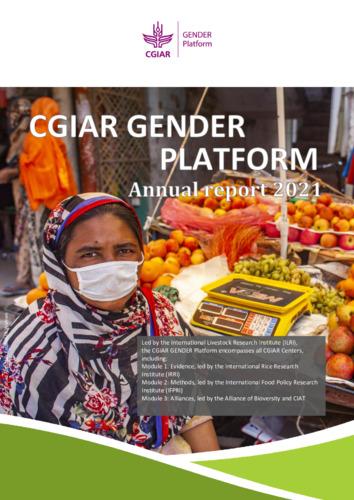
Annual report 2021: CGIAR Gender Platform
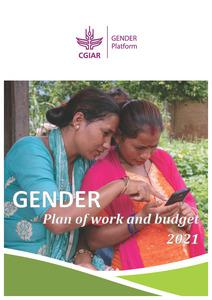
CGIAR GENDER Platform - Plan of Work and Budget 2021
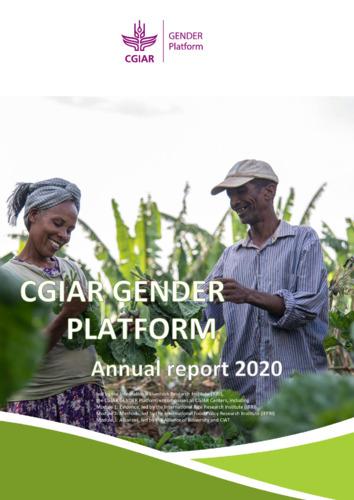
Annual report 2020: CGIAR Gender Platform
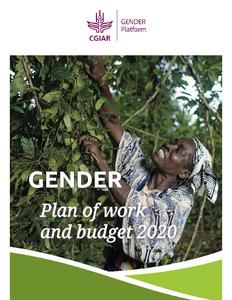
CGIAR Gender Platform - Plan of Work and Budget 2020
News highlights
